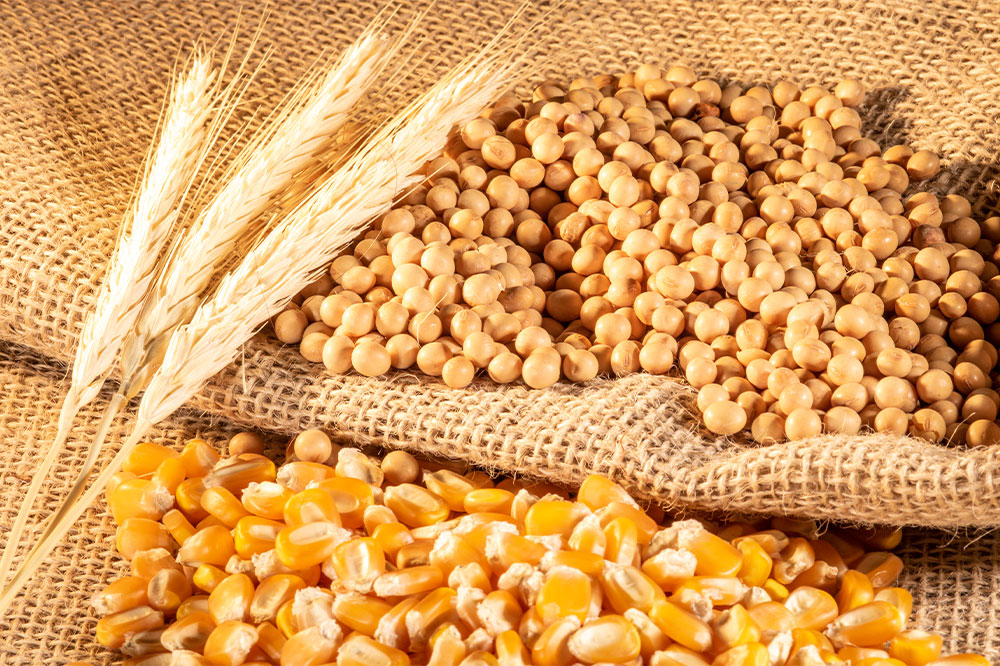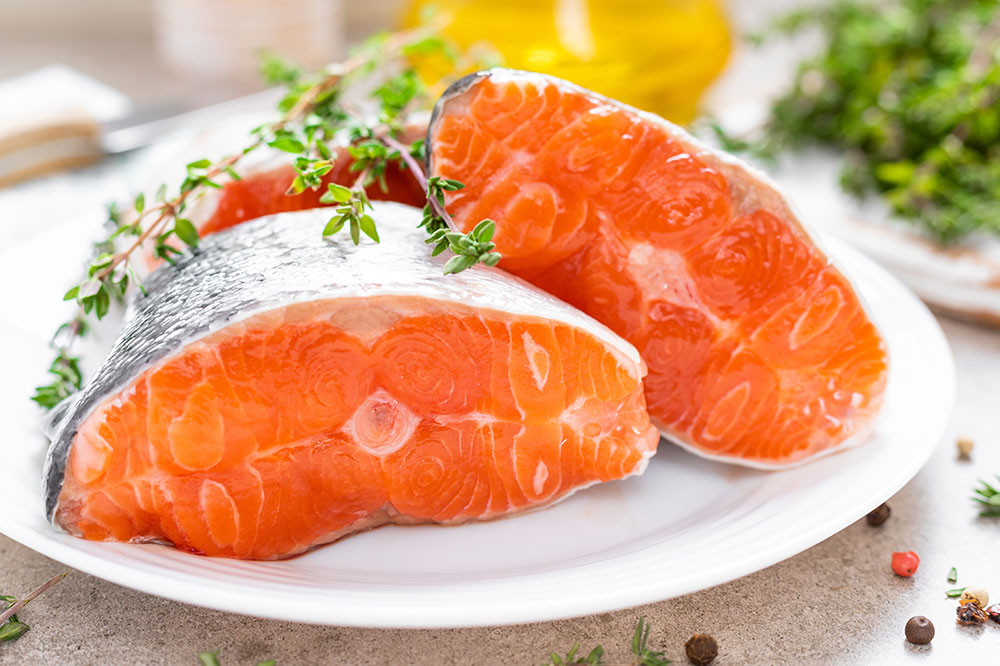Comprehensive Nutritional Strategies to Alleviate Rheumatoid Arthritis Symptoms
Discover effective dietary strategies for managing rheumatoid arthritis symptoms. Learn how anti-inflammatory foods like legumes, leafy greens, fruits, and omega-3-rich fish can help reduce joint pain and inflammation. These nutritional tips, combined with proper medical care, support joint health and improve daily living. Explore natural remedies such as ginger and green tea, and understand the importance of healthy fats and whole grains in managing RA. Implement these scientifically-backed dietary choices to enhance your immune function, decrease flare-ups, and promote long-term joint health support.

Key Dietary Choices to Support Rheumatoid Arthritis Relief
Rheumatoid arthritis (RA) is a chronic autoimmune disorder characterized by persistent joint pain, swelling, and inflammation. While medical treatments are essential for managing RA, adopting an appropriate diet can significantly reduce symptom severity, frequency of flare-ups, and improve overall quality of life. Nutrition plays a crucial role in modulating inflammatory responses and supporting joint and muscle health. Although no diet can completely cure rheumatoid arthritis, incorporating specific anti-inflammatory foods into your daily regimen can make a substantial difference. Below, we explore the most effective dietary options to help manage RA symptoms naturally and sustainably.
Legumes and Pulses
Legumes such as kidney beans, pinto beans, chickpeas, and lentils are abundant in dietary fiber, which is beneficial for digestive health and reducing systemic inflammation. Rich in essential minerals like magnesium, potassium, zinc, and iron, they support immune function and joint health. Folic acid present in these foods also contributes to cellular repair and reduces oxidative stress, which is linked to RA progression. Including a variety of legumes in your meals can help stabilize blood sugar levels and provide sustained energy, which is vital for those living with chronic pain conditions.
Leafy Green Vegetables
Vegetables like spinach, kale, broccoli, Brussels sprouts, and Swiss chard stand out for their high concentrations of vitamins A, C, and K, along with calcium and antioxidants. These nutrients combat oxidative stress and inflammation — two major contributors to joint deterioration in RA. Leafy greens are also rich in phytochemicals that support detoxification processes and immune regulation, which are crucial in autoimmune diseases. Regular consumption of these nutrient-dense greens can boost overall joint resilience and function, potentially reducing the intensity of RA flare-ups.
Fruits That Fight Inflammation
Cherries are famed for their high content of anthocyanins—plant pigments with potent antioxidant and anti-inflammatory properties. Consuming cherries regularly may help reduce joint pain and swelling in RA patients. Similarly, berries such as blueberries, raspberries, and blackberries offer abundant antioxidants that combat inflammation and protect joint tissues from oxidative damage. Citrus fruits like oranges, grapefruits, lemons, and limes are rich in vitamin C, which supports collagen synthesis and strengthens immune defenses—both critical in managing chronic inflammatory conditions like rheumatoid arthritis.
Omega-3 Rich Marine and Plant Sources
Fatty fish, including salmon, sardines, anchovies, herring, and mackerel, are excellent sources of omega-3 fatty acids EPA and DHA. These essential fats are well-documented for their powerful anti-inflammatory effects, which can help reduce joint tenderness and swelling. For individuals who do not consume fish, plant-based options such as walnuts, chia seeds, and flaxseeds provide plant-derived omega-3s. Additionally, supplements containing omega-3s are recommended under healthcare supervision for optimal dosing and efficacy.
Natural Anti-Inflammatory Agents
Ginger is a traditional remedy for inflammation, containing bioactive compounds called gingerols that naturally suppress inflammatory pathways. Consuming fresh ginger or ginger supplements can help alleviate RA symptoms and improve joint mobility. Green tea, rich in polyphenols like epigallocatechin-3-gallate (EGCG), exhibits strong antioxidant and anti-inflammatory properties. Regular green tea intake may slow disease progression and protect joints from further damage.
Healthy Cooking Oils and Whole Grains
Extra virgin olive oil is widely regarded for its anti-inflammatory oleocanthal content, which can mimic the effects of non-steroidal anti-inflammatory drugs (NSAIDs). Using olive oil daily in cooking can aid in reducing systemic inflammation. Incorporating whole grains like oats, brown rice, quinoa, and barley ensures an intake of antioxidants such as selenium, which plays a role in minimizing joint inflammation and flare-ups. Choosing whole grains over refined grains supports overall health and reduces joint stress.
In conclusion, while managing rheumatoid arthritis requires comprehensive medical care, dietary strategies can significantly support symptom management. Emphasizing anti-inflammatory foods—such as legumes, leafy greens, fruits, fatty fish, and natural herbs—alongside an overall healthy lifestyle, can improve joint function, reduce pain, and enhance quality of life for those affected by RA. Always consult healthcare providers or dietitians before making substantial dietary changes to tailor the best plan suited for your individual needs.





